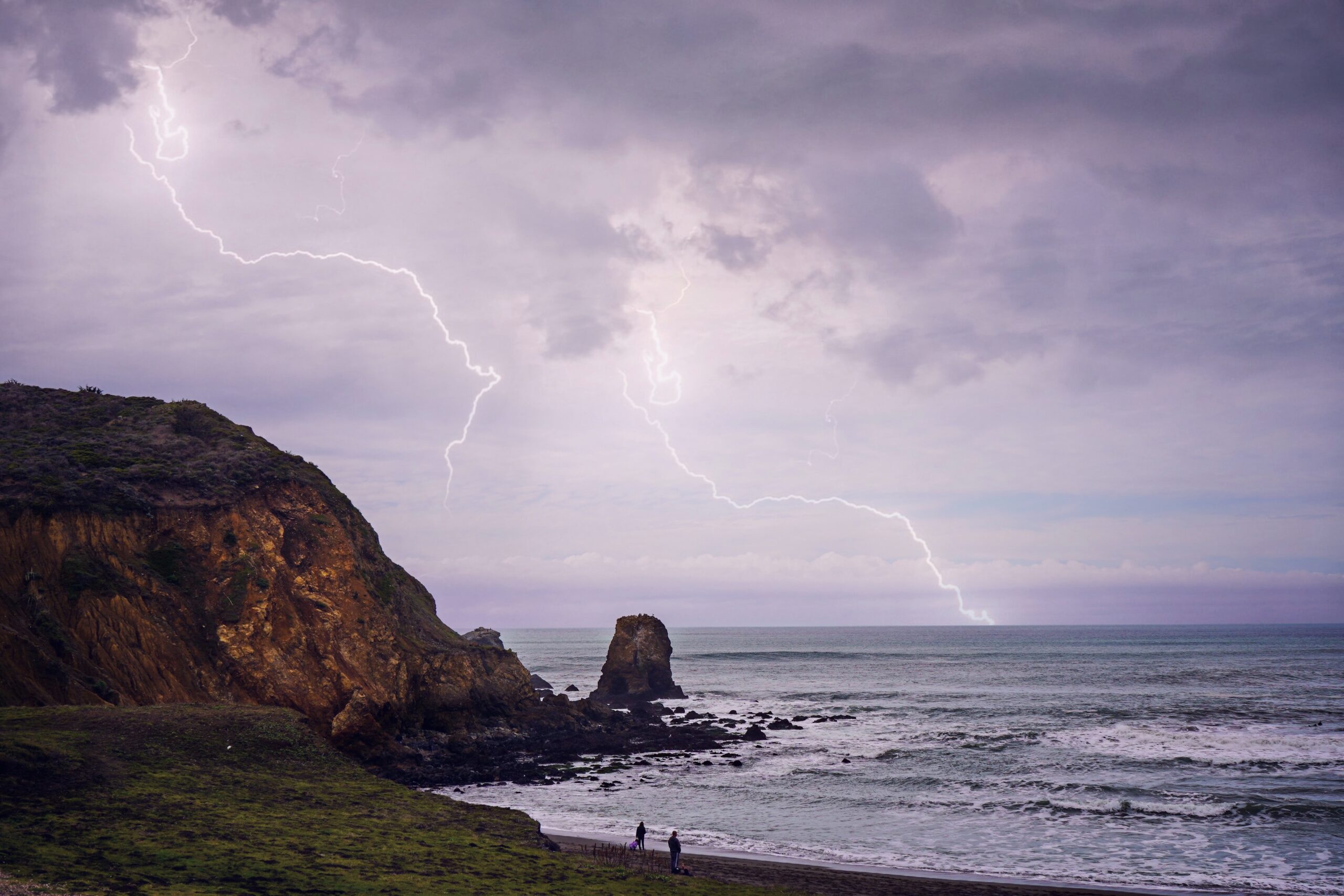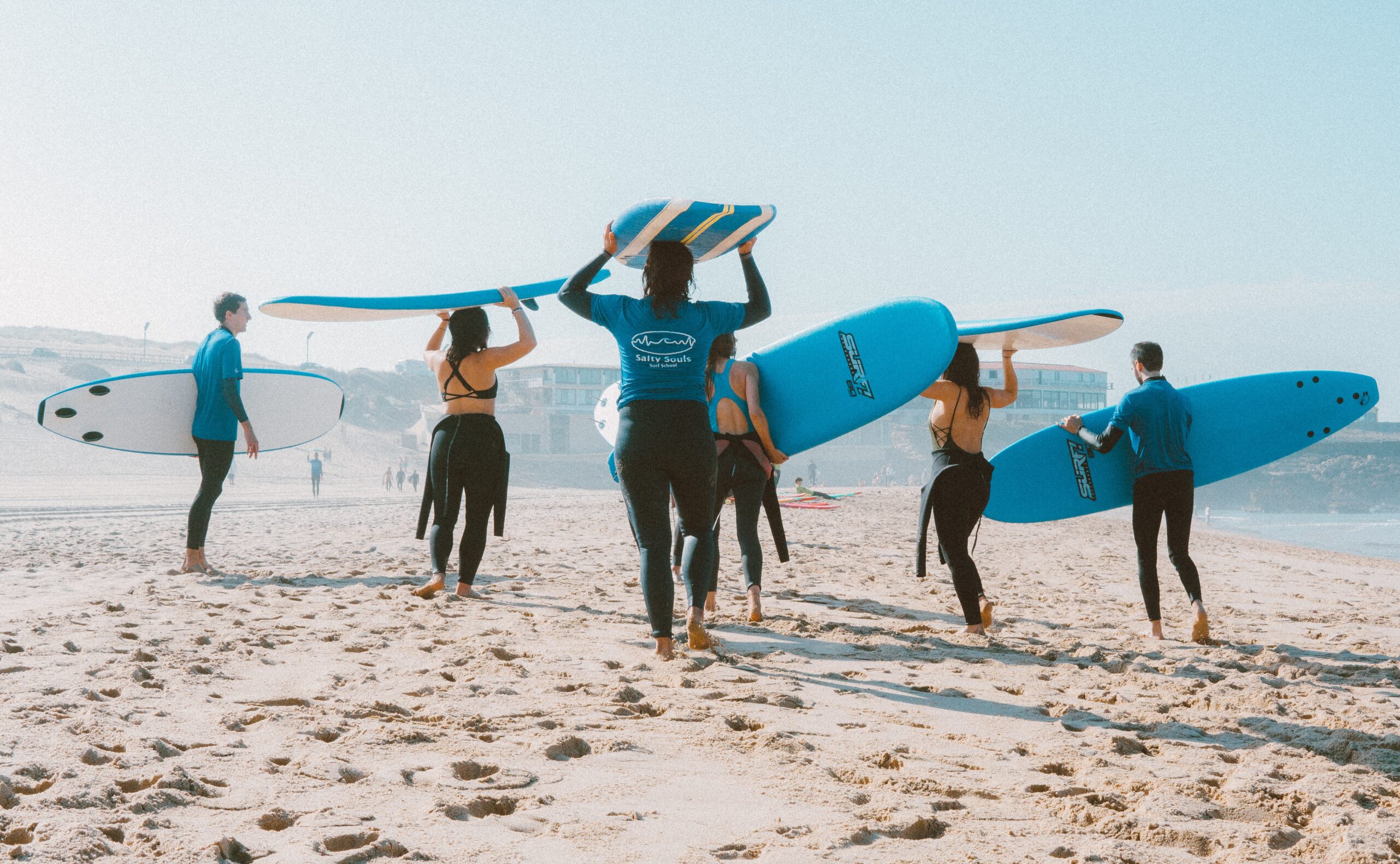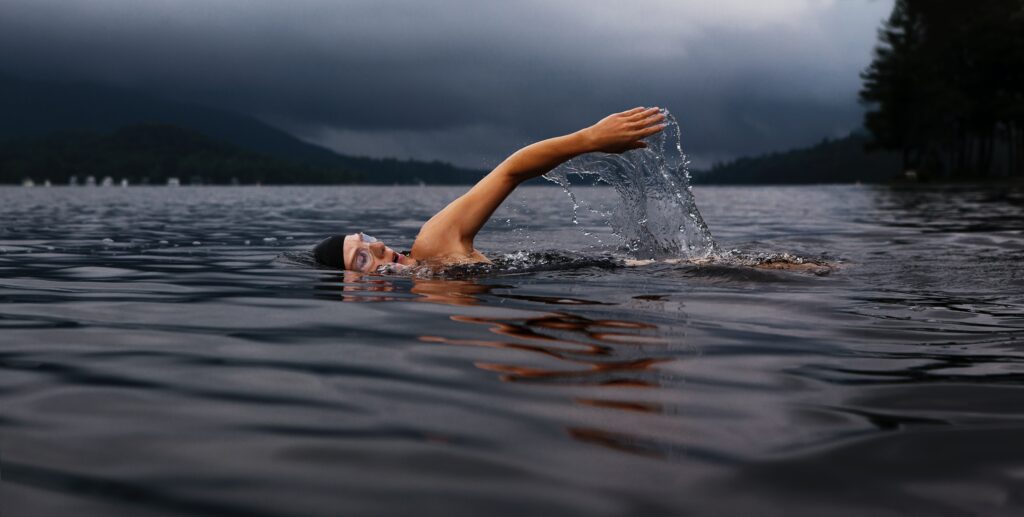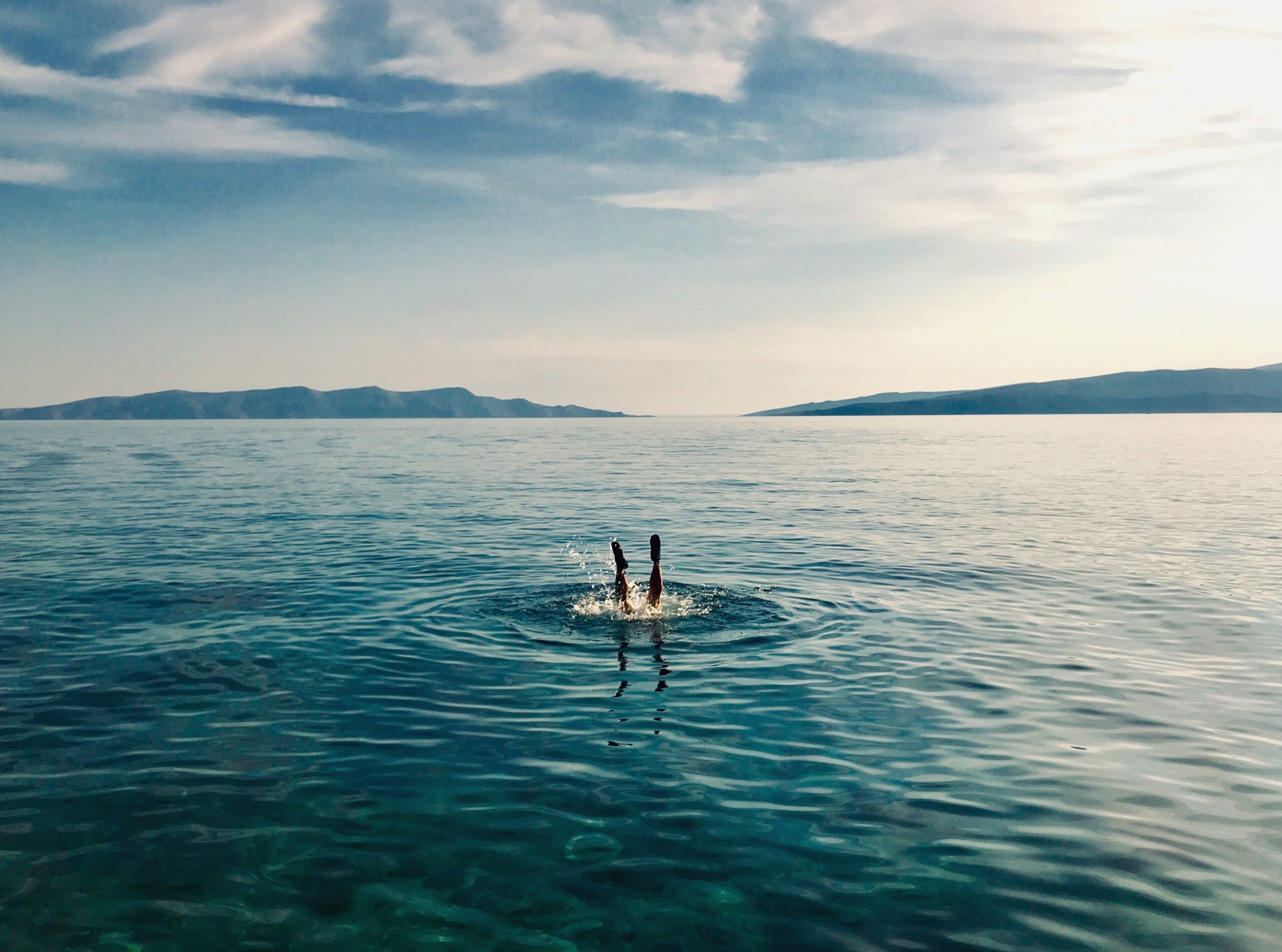Posted November 23rd 2020
A recent simple but powerful idea has developed: everywhere there is water. It’s the notion of immersion as therapy.
Whether it’s wild swimming or surfing, it is gaining in popularity as well as generating interest from respected research institutions.
I have become aware of references to this idea everywhere and I realised my sneaky swims in the local quarry would now be called wild swimming.
I thought of it as just swimming all those years ago!
Opportunities on the water
Where I live there are a number of initiatives to get people surfing. The target groups are varied.
They include people with depression and anxiety, police personnel with PTSD and people who may never usually get the opportunity to enjoy watersports.
For many people just entering the water is an adventure, but also a big challenge.
If you aren’t used to the sea, it can be a frightening environment. The sea is dangerous if you don’t respect it.

Having grown up on the coast, respecting the sea is one of the first things I learned. It can also be an experience of awe and inspiration.
Watching a mighty wave break over enormous rocks close to the beach makes you feel alive. Storm watching is wonderful.
Sea therapy projects
Two projects are run locally near me that use immersion sea therapy.
One, Surf Therapy, enables people suffering from depression or anxiety to enter the sea in a small group of eight alongside instructors who are also confident swimmers.
The idea is that cold water appears to lift someone’s mood.
Group members interviewed on the local news raved about the uplift in their spirits.
One woman also experienced improvements in confidence because she’s a non-swimmer. Going in with a bunch of new friends was achievable for her.

The second project, Surf Well, is run by two surfing police sergeants to help all police personnel who have experienced trauma at work.
This is a surfing group is non-judgemental and a good way to get in the water and give it a go.
Participants said they forget their troubles completely while they were surfing.
The sergeants started it to help a fellow officer who had been badly beaten up. The officer in question could not praise his colleagues’ initiative enough.
This chance to try water therapy helped him to forget the pain and distress that had threatened to overwhelm him and he has continued his career in policing which he puts it down in part to the Surf Well group.
How the sea worked for me
I had a remarkable summer. I had been perfectly calm and collected about the COVID-19 crisis, and didn’t feel the fear that gripped some of my friends.
But then I started to develop uncharacteristic headaches which puzzled me as I never really suffered with them before.
On my daily swim I noticed that when I plunged into the sea, my headache disappeared instantly.
Nothing else would even begin to touch them, so the importance of getting down to the beach and getting in the water took on huge significance for me.
As the sea temperature drops, I am swimming less and less often, so I’m hoping the headaches stay away!
My thoughts are already turning to the spring and warmer waters when I will be able to get back to the sea again.
The water has become a form of meditation for me.
On calm days, I can swim around lazily in circles, not trying to go anywhere but simply emptying my mind of all painful thoughts if I have had a lousy day.
It works for me. If it’s rough out there I have to make a decision.

The first rule is to always respect the sea and the second is to stay out of it if it’s too rough for your level of competence.
Strong surfers go in anytime but I don’t push it if the water seems too choppy.
Not everyone lives by the sea but everyone can benefit from proximity to water.
We are fortunate in the UK to live in a land of rivers, lakes and ponds.
There are many levels at which we can engage with water.
From the heroic surfer taking on monster waves to floating a leaf boat on the lake in the park.
The mere sound of water is soothing.
A trickling fountain or a great waterfall will often be enough to still our minds.
The sparkle of the sun on a gurgling stream is a joy after a dull spell of weather.
Where next for water therapy?
Research institutions are watching these surf therapy projects closely.
The University of Exeter is following the cold-water immersion group closely but their research is a work in progress.
It has even caught the attention of The Global Journal of Community Psychology Practice (GJCPP) an online quarterly journal published by the University of Wichita.
The Spring 2020 edition was entirely devoted to surf therapy and the UK project was featured.
They called it “a big deal” and a “watershed moment.” I guess the pun was intended.
I am looking forward to seeing surfing and cold water therapies continue to develop and I can’t wait to get back in the water.

For more sea swimming tips, please visit the Swimming Open Water website.
If you feel inspired to give it a go, make sure you read up on how to swim safely in the sea before doing so. Some important tips include:
- Wear the right kit
- Only swim where it’s safe; where you can enter and exit the water easily and remember beaches are not life-guarded in the winter.
- Ideally, swim with someone else. If you don’t have a friend with you, stick to beaches where there will be other people around like surfers or dog walkers.
- Take your time to acclimatise to the cold. As the temperature drops, enter the water slowly.
- Know your limits – spend less time in the water as the temperature drops.
- Remember to warm up slowly after leaving the water. Don’t take hot shower but instead opt for a hot drink and cosy clothes.
